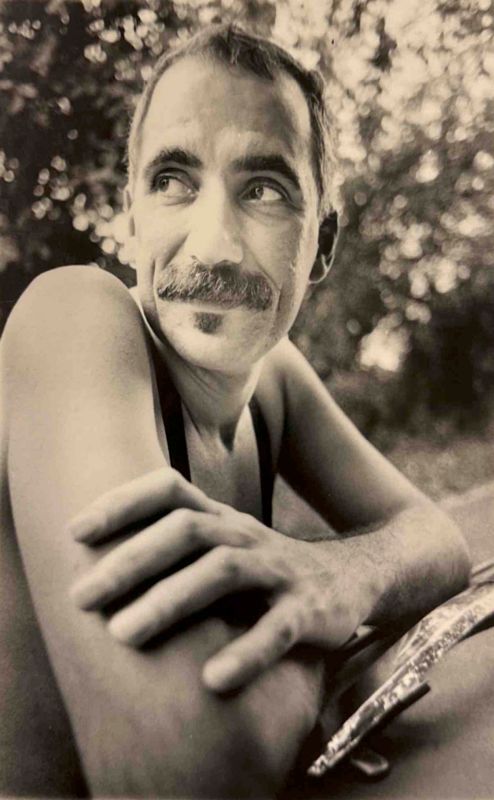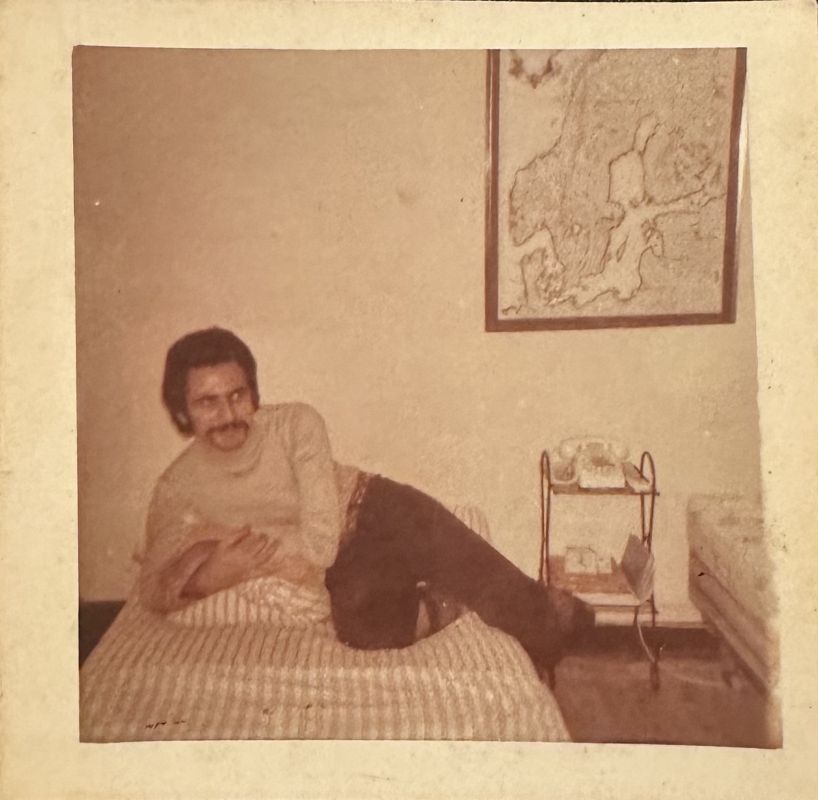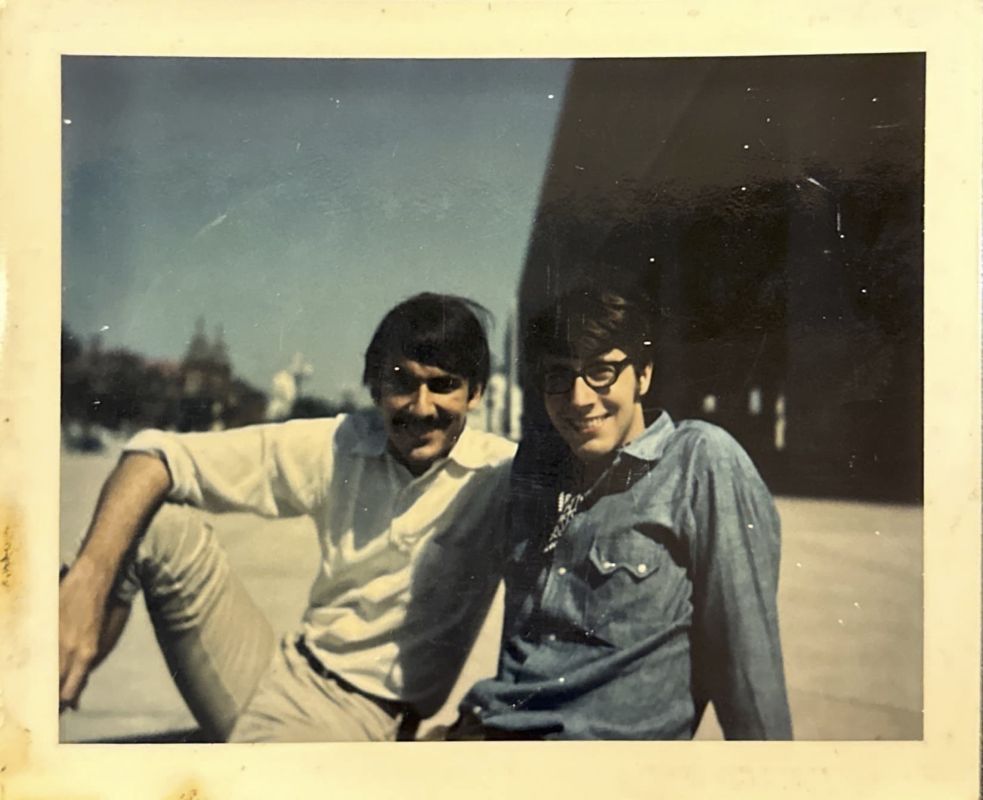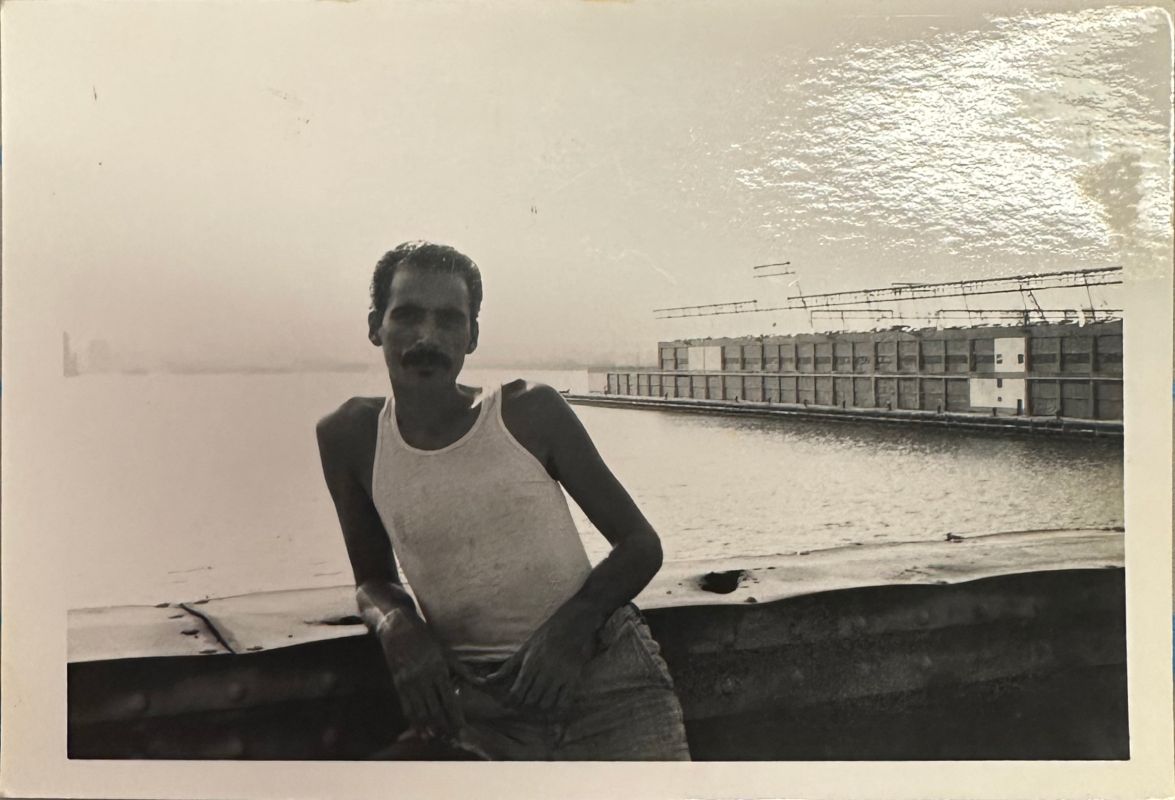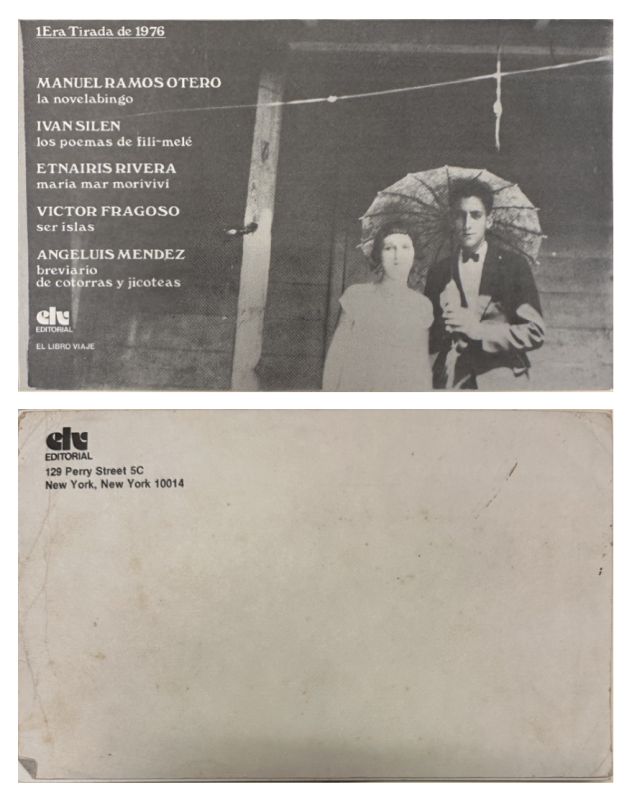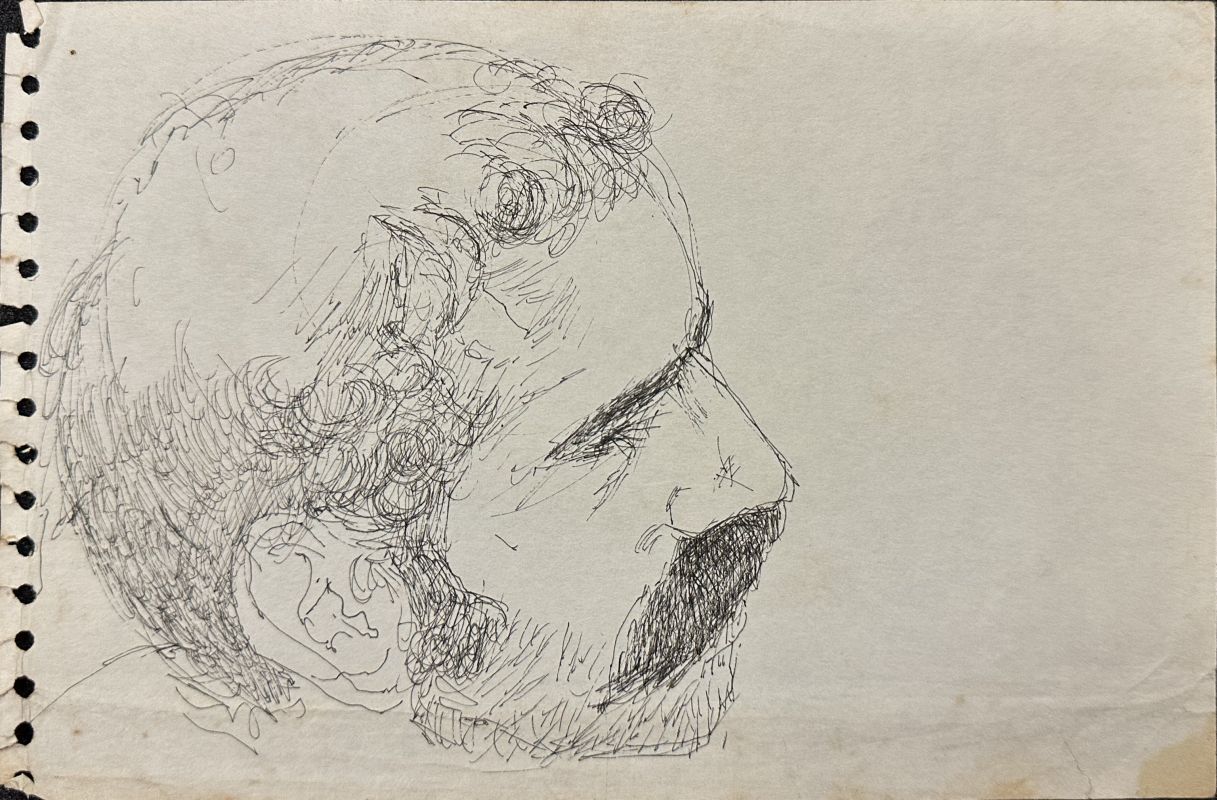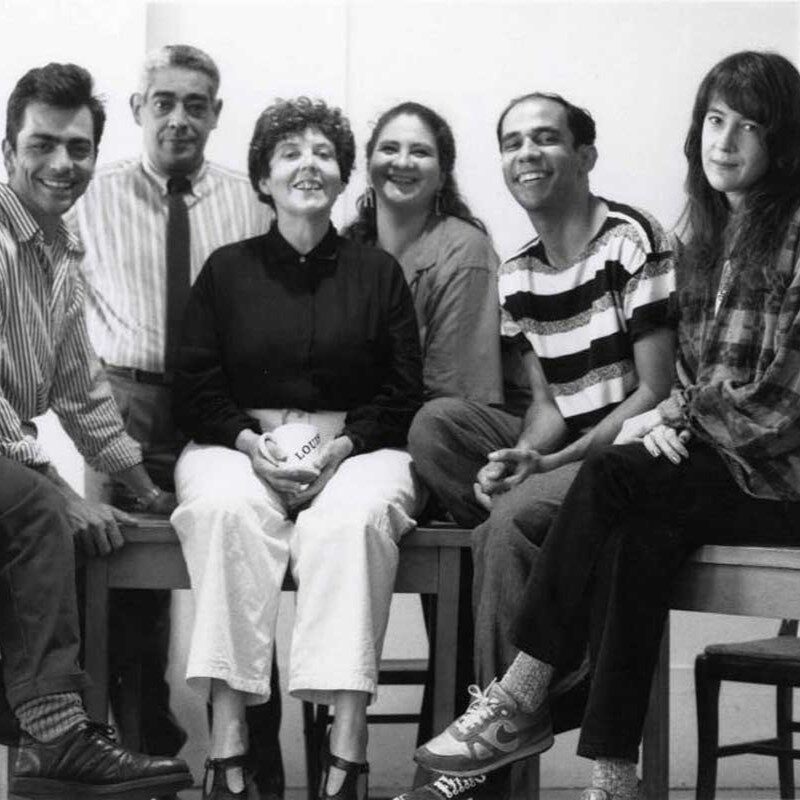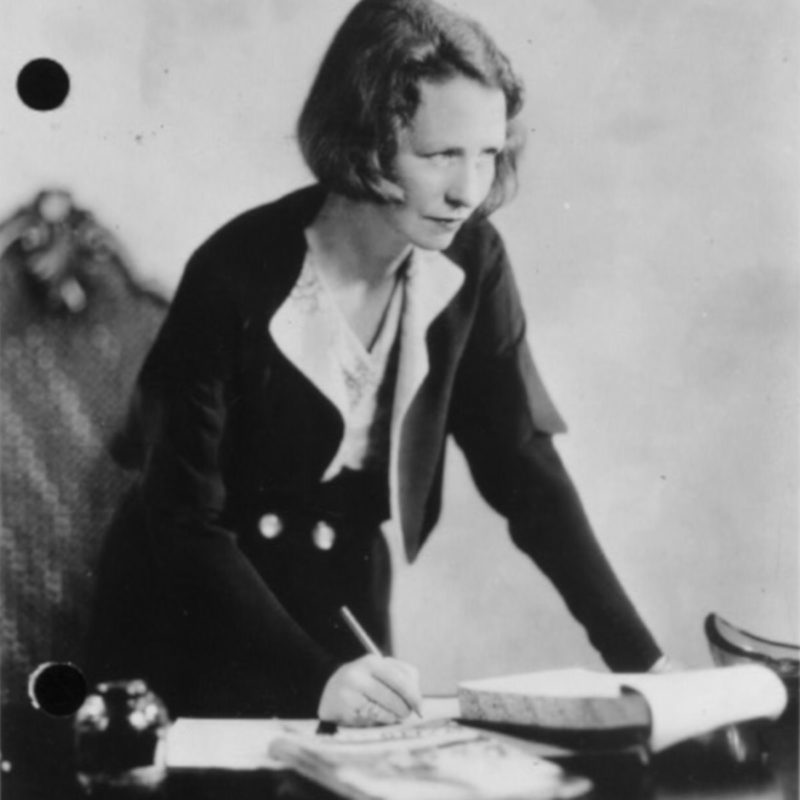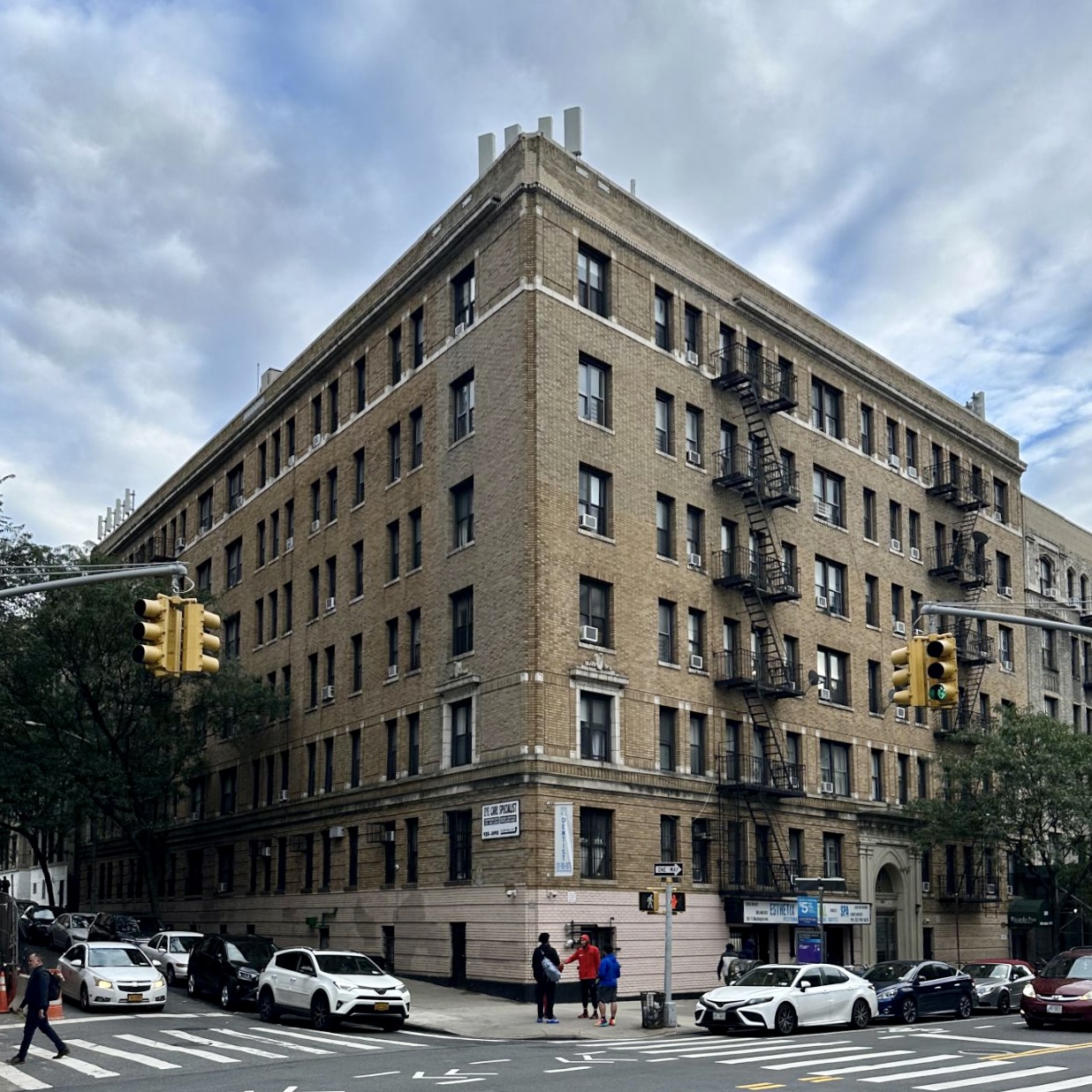
Manuel Ramos Otero Residence
overview
Widely regarded as one of the most important openly gay Puerto Rican writers of the 20th century, Manuel Ramos Otero developed an explicitly gay literature that transcended the canons of Puerto Rican literature at the time.
Ramos Otero lived in an apartment on the fifth floor of this building from 1983 until 1990, from where he wrote almost half of his body of work.
History
Born in Manatí, Puerto Rico, Manuel Ramos Otero (1948-1990; born Jesús Manuel Ramos Otero) has been heralded by many Puerto Rican academics as one of the most significant openly gay Puerto Rican writers of the 20th century. Through literature primarily produced in New York City, Ramos Otero intertwined sexuality, colonialism, and feminism to develop a body of work that transcended the traditional tenets of Puerto Rican literature at the time. With his first published stories in the late 1960s, before he left Puerto Rico, Ramos Otero gave a voice to the out-gay experience in Puerto Rico and the United States by embracing and drawing upon his own struggles.
After completing sociology and political science studies at the University of Puerto Rico in 1968, Ramos Otero moved to New York City to escape the discrimination he experienced on his home island. In the span of a few months, he resided at 1563 Inwood Avenue, 214 West 98th Street, 311 West 85th Street, and 433 West 24th Street in Manhattan, and 52 Sidney Place in Brooklyn, where he lived with graphic designer John Anthes (?-1982) from 1970 to 1972. In 1971, Ramos Otero published his first short story collection, Concierto de metal para un recuerdo y otras orgías de soledad (translated as Brass Concert for a Memory and Other Orgies of Solitude), considered the first book written by an openly homosexual writer in Puerto Rican literature and one that addressed the tensions of racial, sexual, and feminist identity within Puerto Rican literature in the early and mid-1970s.
New York gave liberty to my writing and allowed me to further develop my mother tongue … Writing turned into a way of protecting my cultural expression.
During the 1970s, Ramos Otero co-founded a Spanish-language theater group, Taller Teatral Aspasguanza, where he acted in and directed different productions with other Puerto Rican artists living in New York City. To promote a “new literature” that confronted traditional Puerto Rican literature, Ramos Otero created a publishing house with grants from the Institute of Puerto Rican Culture and the New York Foundation for the Arts. Along with Puerto Rican poet Iván Silén, Ramos Otero founded the Editorial El Libro Viaje in his Greenwich Village apartment at 129 Perry Street, where he lived from 1975 to 1977. The Editorial closed, however, when Ramos Otero returned to Puerto Rico in March 1977. Various economic and emotional challenges – including lack of employment, denied admittance to doctoral programs at the University of Puerto Rico, and his father’s death – led to his return to New York in early 1978. The years after his return produced a more explicitly sexual and politically provocative body of work.
While he initially settled briefly at 545 Hudson Street in Greenwich Village, Ramos Otero moved to an apartment in the tenement building at 300 Fort Washington Avenue in Washington Heights in 1983, where he developed most of his last works. From this location, Ramos Otero taught courses on Puerto Rican and Latin American literature, Puerto Rican history, and the urban and community experiences of the Puerto Rican diaspora at Rutgers University, LaGuardia Community College, City University of New York (CUNY), Lehman College, John Jay College of Criminal Justice, and York College. In 1986 and 1988, he was writer-in-residence at Columbia University’s Center for American Studies and the Bronx Museum of the Arts, respectively. Ramos Otero also served as a member of the Literature Panel of the New York State Council on the Arts between 1986 and 1988. During this period, Ramos Otero was working on his dissertation on Puerto Rican literature at the City University of New York and had four books accepted for publication. He also began developing his second novel, Nadie se muere en la víspera (translated as Nobody Dies on the Eve).
In my own writing, although I am the only Puerto Rican writer who is totally open about homosexuality, I have never overlooked the political situation of Puerto Rico as a colony. That has allowed me to combine my problem as a homosexual in a society that is totally patriarchal with the other problem, which is the problem of colonialism.
According to Puerto Rican journalist Carmen Graciela Díaz, Ramos Otero first disclosed his HIV-positive diagnosis between 1987 and 1988. After spending part of the summer of 1990 at Lower Manhattan’s Beth Israel Medical Center, the poet returned to Puerto Rico in August and soon after died of AIDS-related complications at age 42. Two of his poetry books and short story collections, Invitación al polvo (1991, translated as Invitation to the Dust) and Cuentos de buena tinta (1992, translated as Tales of Good Ink), were published posthumously, while his dissertation and edited anthology remain unpublished. Despite being initially ostracized by various critical literary figures in Puerto Rico in his time, many Puerto Rican authors and academics now celebrate Ramos Otero’s influence in making gay experiences visible in Puerto Rican literature.
Entry by Andrés Santana-Miranda, project consultant (September 2023).
NOTE: Names above in bold indicate LGBT people.
Building Information
- Architect or Builder: Groenberg & Leuchtag
- Year Built: 1919
Sources
Carmen Graciela Díaz, “The Travelling Theater of Manuel Ramos Otero,” CENTRO Journal 30, no. 2 (Summer 2018), 114-139. [source of second pull quote].
Lawrence La Fountain-Stokes, Queer Ricans: Cultures and Sexualities in the Diaspora (Minneapolis: University of Minnesota Press, 2009).
Manuel Ramos Otero Papers, Rare Book and Manuscript Library, Columbia University, New York, NY.
Marithelma Costa, “Entrevista: Manuel Ramos Otero,” Hispamérica 20, no. 59 (August 1991), 59-67. [source of first pull quote].
Oscar Montero, “Notes for a Queer Reading of Latin American Literature,” in Queer Representations: Reading Lives, Reading Cultures, ed. Martin Duberman (New York: New York University Press, 1997), 216-225.
Do you have more information about this site?
This project is enriched by your participation! Do you have your own images of this site? Or a story to share? Would you like to suggest a different historic site?
